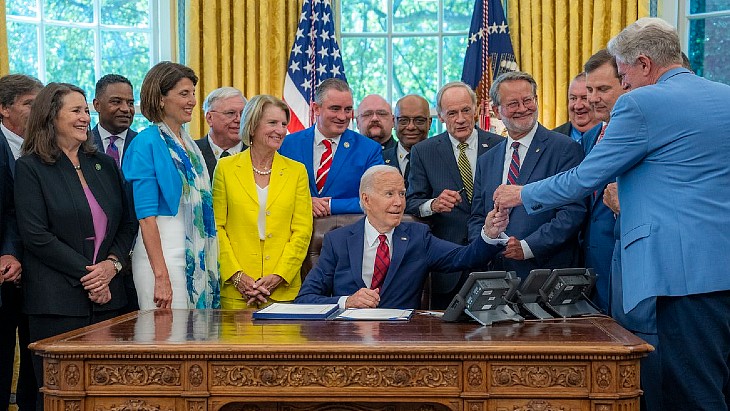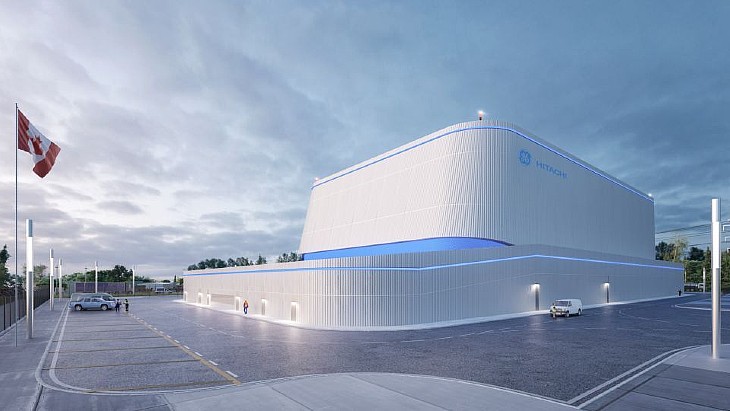Tokai 2 cleared for extended operation
-2018.jpg)
Under Japan's revised regulations, reactors have a nominal lifespan of 40 years. However, extensions can be granted once only and limited to a maximum of 20 years, contingent on exacting safety requirements.
JAPC applied to the Nuclear Regulation Authority (NRA) on 24 November 2017 to extend the operation of the unit - a 1060 MWe boiling water reactor that started commercial operation in 1978 - by 20 years.
The company announced today that the NRA had approved the extension. Tokai 2's current operating licence is due to expire on 28 November.
So far, three pressurised water reactors have been approved for extended operation under the revised regulations. These are Takahama units 1 and 2 and Mihama 3, all owned and operated by Kansai Electric Power Company.
JAPC applied to the NRA in May 2014 to restart the Tokai 2 in Japan's Ibaraki prefecture. The unit automatically shut down and lost external power during the 11 March 2011 earthquake that led to the accident at the Fukushima Daiichi plant. One of Tokai 2's three emergency generators was damaged by a 5.4 meter tsunami, but the plant was still able to safely enter cold shutdown. The reactor has remained idle since then.
The NRA approved the restart of Tokai 2 on 26 September this year after concluding that safety measures submitted by JAPC passed revised safety standards.
Construction work on such countermeasures - including a 1.7km-long sea wall to protect the plant from a potential tsunami as high as 17.1 meters - is scheduled to be completed in March 2021. The company expects investment of about JPY180 billion (USD1.6 billion) is needed to put additional safety measures in place at the plant.
After completing all construction work related to the extended operation of the unit, JAPC will also need the approval of local municipalities prior to the resumption of operation of Tokai 2.
Tokai 2 is the 15th power reactor approved to restart by the NRA and is the first plant damaged by the March 2011 tsunami to receive such approval. The unit is also the third boiling water reactor - the same type of reactor damaged at Fukushima Daiichi - to be approved for restart, following Tokyo Electric Power Company's Kashiwazaki-Kariwa units 6 and 7.
JAPC has been decommissioning Tokai unit 1 since December 2001. The 166 MWe gas-cooled reactor - which operated between 1966 and 1998 - was Japan's first commercial power reactor.










_88592.jpg)

